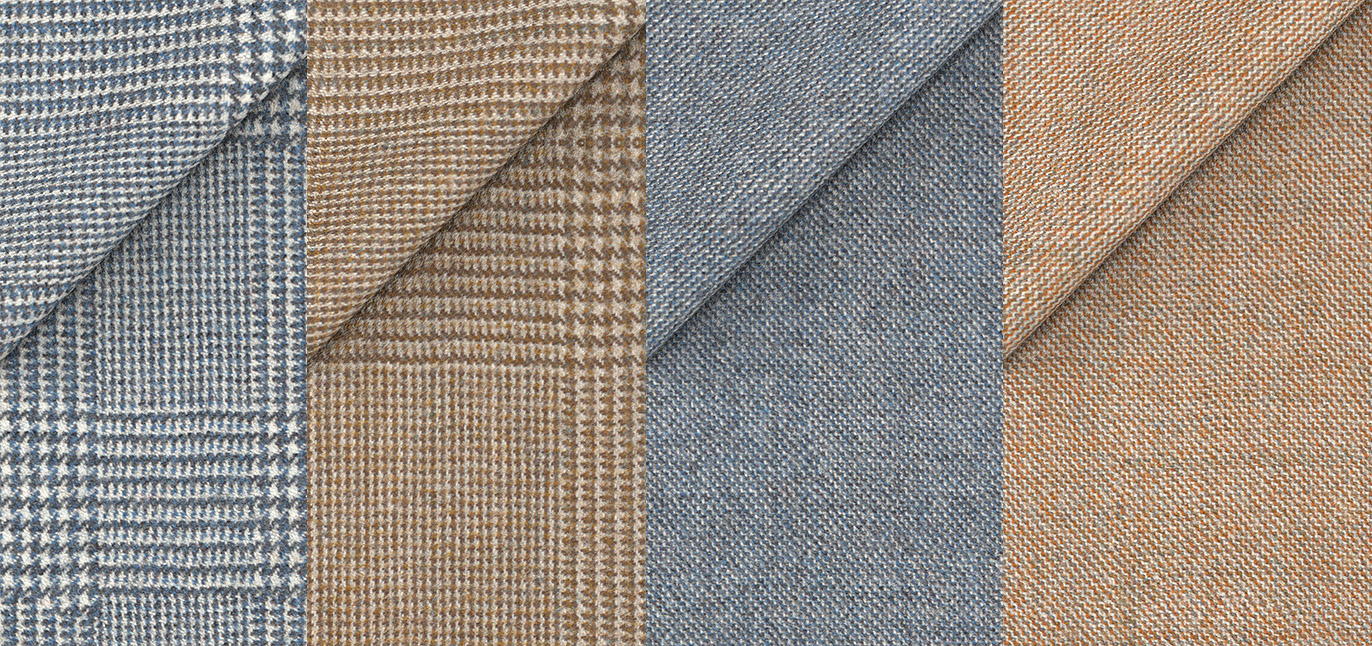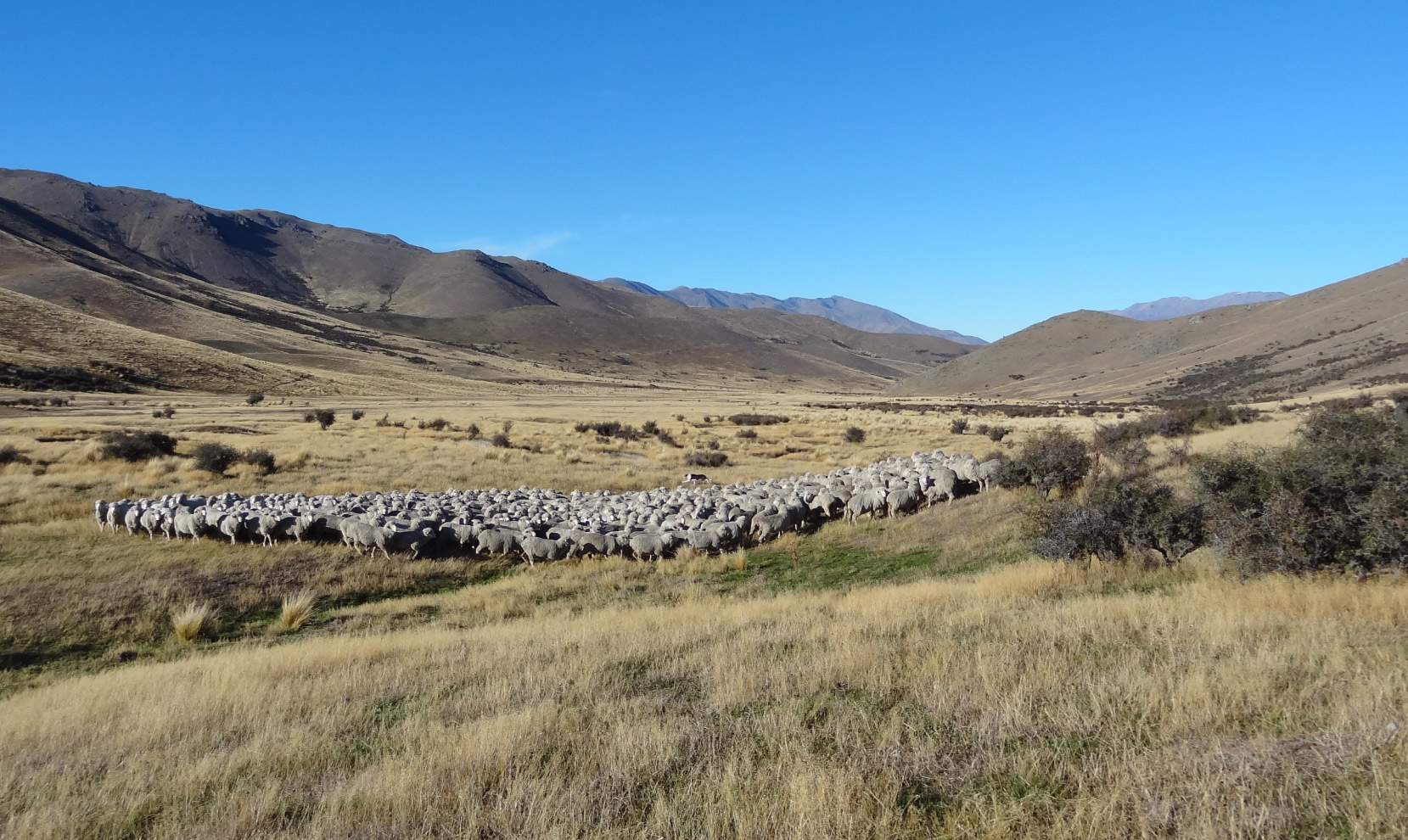For Lanieri, style and elegance embody uniqueness, refinement, and meticulous attention to detail. Just as no detail is overlooked in the creation of our garments, we carefully choose the raw materials from sustainable supply chains that respect the land, animals, and people. Our made-to-measure business model has a reduced environmental impact. We only produce based on the orders we receive from our customers, eliminating stock and production waste, unsold garments and returns.
In the Autumn Winter 2025 Collection, we have introduced a selection of fabrics by Ermenegildo Zegna in RWS wool, the international certification that ensures the highest standards in terms of land protection, animal welfare and fair, safe working conditions throughout the production chain. These suit fabrics, available in Prince of Wales and Sharkskin patterns, are part of the Zegna Island Fleece line and made of RWS wool from the Falkland Islands, home to a breed of sheep with an extra-white fleece resulting from the climate and land conditions.
What does RWS-certified wool mean?
The Responsible Wool Standard (RWS) is a voluntary international program that certifies the entire wool supply chain, from the sheep farm to final production. The parameters assessed are respect for animal welfare, land health and fair working conditions. The program, therefore, promotes a strict, responsible approach to land management, breeding practices and care for the sheep. RWS-certified wool is a raw material that respects the standards established by the program based on three fundamental values:
Animal welfare
The welfare of the sheep is one of the cornerstones of RSW, guaranteed throughout their lives and during shearing. Mulesing, a painful procedure that prevents parasitic infections, is banned in the processes certified by the RWS, thus ensuring that no animal is harmed or suffers. The fundamental freedoms of animals are guaranteed, namely freedom from hunger and thirst, fear and stress, pain, injury, and disease, discomfort, as well as the freedom to express natural behaviour.
Protection of biodiversity and ecosystems
Certified farms employ land management practices aimed at preserving soil quality, protecting native species, maintaining the balance of the local ecosystem, and safeguarding biodiversity in the long term.
Fair working conditions
The health, safety and well-being of workers, in all the stages of the production chain, are one of the fundamental criteria of the certification, thus ensuring that every individual involved in the wool production process works in fair, safe conditions.



